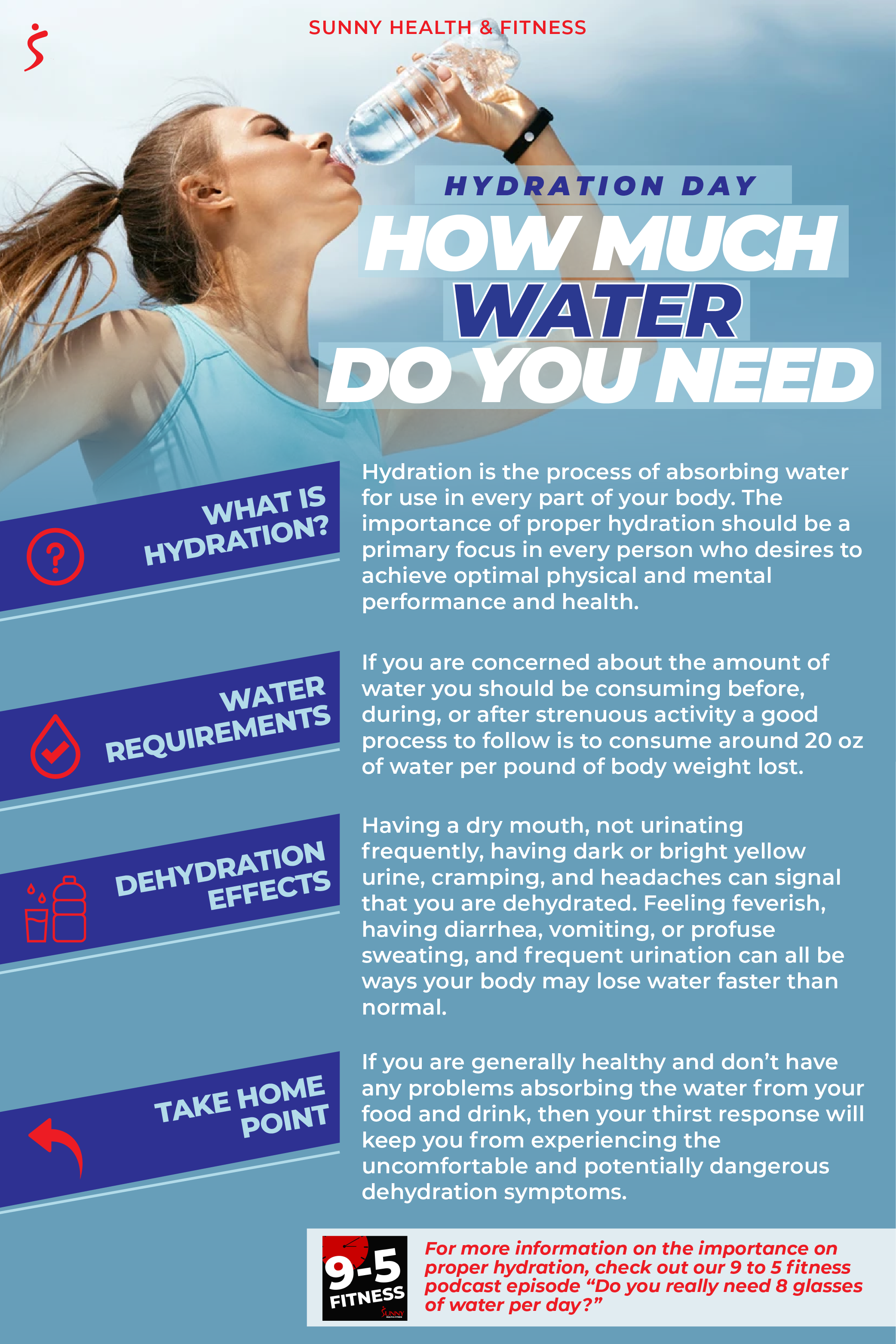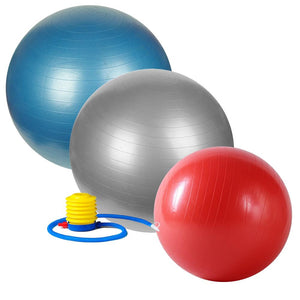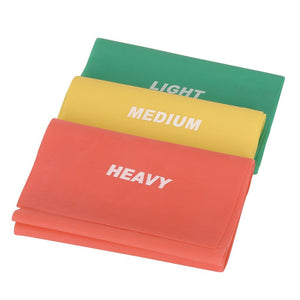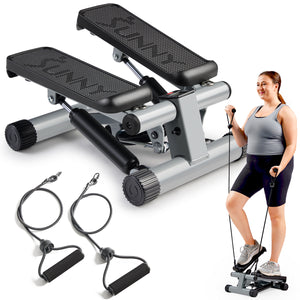What is Hydration?
Hydration is the process of absorbing water for use in every part of your body. Water is essential for life. Water makes up more than 50% of your body weight. Every day your body will lose water through sweat, urination, and breathing. Because your body cannot produce water, you must consume it to replace the water that has been lost. When you consume adequate amounts of water you ensure that critical systems are set up to function properly. If you don’t drink enough water your metabolism will not process the food you eat for energy properly. Temperature regulation and blood flow are among other important physiological functions that will be negatively affected when proper hydration levels are not met. While the amount of water needed to reach optimal hydration will vary depending on lifestyle, age, weight, environment, and other demographic factors, the importance of proper hydration should be a primary focus in every person who desires to achieve optimal physical and mental performance and health.
Water Requirements
As previously stated, the amount of water you need every day will vary depending on your activity level, foods you eat, and beverages you drink. You may have heard that 8 glasses of water is a good goal to aim for to keep your body fully hydrated. While this isn’t necessarily a bad recommendation, we cannot assume that amount will be optimal for everyone. It’s possible that you can receive adequate amounts of water through the food you eat while consuming less that 8 glasses of water, while others may need to consume significantly more water to meet their body demands due to the strenuous nature of their activity or lifestyle. For most people, the feeling of being thirsty will prompt them to seek out a liquid beverage to satisfy their bodies need for more water.
Water needs can be significantly altered when the body is put through strenuous activity. Avid exercisers, athletes, and pregnant or breastfeeding women should be encouraged to increase fluid intake. After exercise, you will experience not only a loss in water, but a loss in electrolytes. Electrolytes like sodium and potassium are essential for proper nerve and muscle function. Without them, exercisers and athletes will be unable to physically function optimally and may experience complete physical failure that could potentially lead to life threating issues from dehydration. If you are concerned about the amount of water you should be consuming before, during, or after strenuous activity a good process to follow is to consume around 20 ounces of water per pound of body weight lost.
Dehydration Effects
When you fail to replenish the water your body lost during the day, you can get dehydrated. Dehydration is a serious condition that can lead to life threatening circumstances. Besides the thirst response, your body has other ways of signaling your need for increased hydration. Having a dry mouth, not urinating frequently, having dark or bright yellow urine, cramping, and headaches can signal that you are dehydrated. Feeling feverish, having diarrhea, vomiting, or profuse sweating, and frequent urination can all be ways your body may lose water faster than normal. These circumstances can put you at risk of being dehydrated more quickly. Sometimes you may not even recognize your dehydrated state. When dehydration gets really bad, you may start to feel dizzy, experience increased breathing and heart rate, have trouble sleeping, and extremely dry skin. If you or anyone you know is experiencing symptoms of extreme dehydration, you must seek medical care.
Take Home Point
If you are generally healthy and don’t have any problems absorbing the water from your food and drink, then your thirst response will keep you from experiencing the uncomfortable and potentially dangerous dehydration symptoms. Simply drink a liquid beverage that doesn’t contain high levels of sugar, caffeine, or alcohol and you will be able to maintain adequate hydration. If you are active, pregnant, or living in a hot environment, you should drink water regularly throughout the day to ensure adequate hydration. If you participant in activities that cause excessive sweat loss, aim for increasing your fluid intake to 20+ ounces of water per pound of weight lost after activity. Liquid beverages with electrolytes should be considered after strenuous exercise to replenish key minerals to avoid reduced mental and physical performance. For more information on the importance on proper hydration, check out our 9 to 5 fitness podcast episode “Do you really need 8 glasses of water per day?”


























Add Your Name & Email
Please enter your name and email to continue.We won’t display your email publicly.